Computing
Our School Vision:
To create a school that enables all pupils (no matter what background or starting point) to achieve their full potential and promotes the school as a beacon within the community, where aspirations are achieved and dreams are a reality for all pupils, staff and families.
Our Computing Vision:
At St. Helen’s Primary School, our vision for Computing is to empower every child to achieve their full potential, regardless of their background, through a rich and inclusive educational experience. We believe that together we make a difference, fostering an environment where each student can thrive as a computer scientist, be experts in information technology and become model citizens.
We strive to nurture confident, capable, and compassionate learners who are ready to make a positive impact in an increasingly digital world. In computing, we are dedicated to building a future where every student can harness the power of technology to achieve their dreams and contribute meaningfully to society.



Curriculum:
Our Computing curriculum follows National Curriculum objectives and is designed around the key pillars of computing: Computer Science, Information Technology, and Digital Literacy. These pillars provide a structured framework that ensures a comprehensive understanding and mastery of computing concepts, skills, and applications.
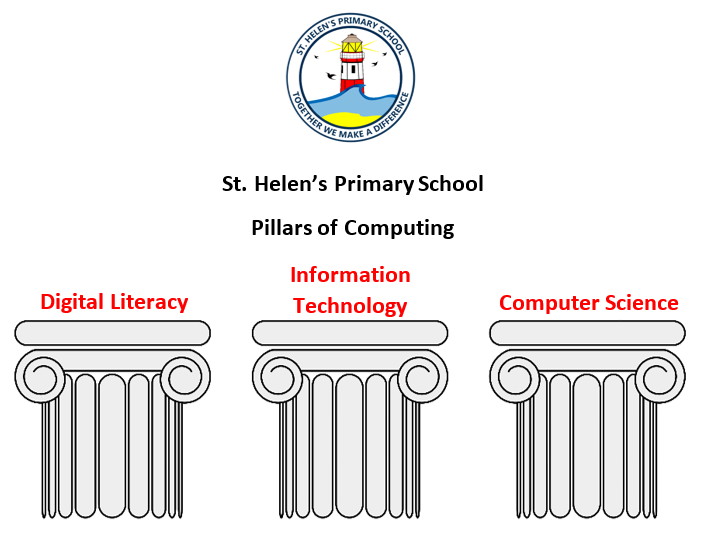
SEND:
Our computing curriculum is aspirational for all; removing barriers with adaptive, high-quality teaching. We believe that all learners deserve to experience equal opportunities in computing, regardless of their: age, gender, ethnicity, impairment, attainment and background.
Cultural Capital:
We are dedicated to enriching our students' educational experiences in computing by developing their cultural capital. We recognize that cultural capital—the knowledge, skills, education, and advantages that enable individuals to achieve their full potential—is essential for students to succeed in an increasingly digital world. To support our pupils to achieve their full potential, we have established a mapped program that integrates STEM ambassadors and careers into our Computing curriculum, enhancing students' learning and broadening their horizons.
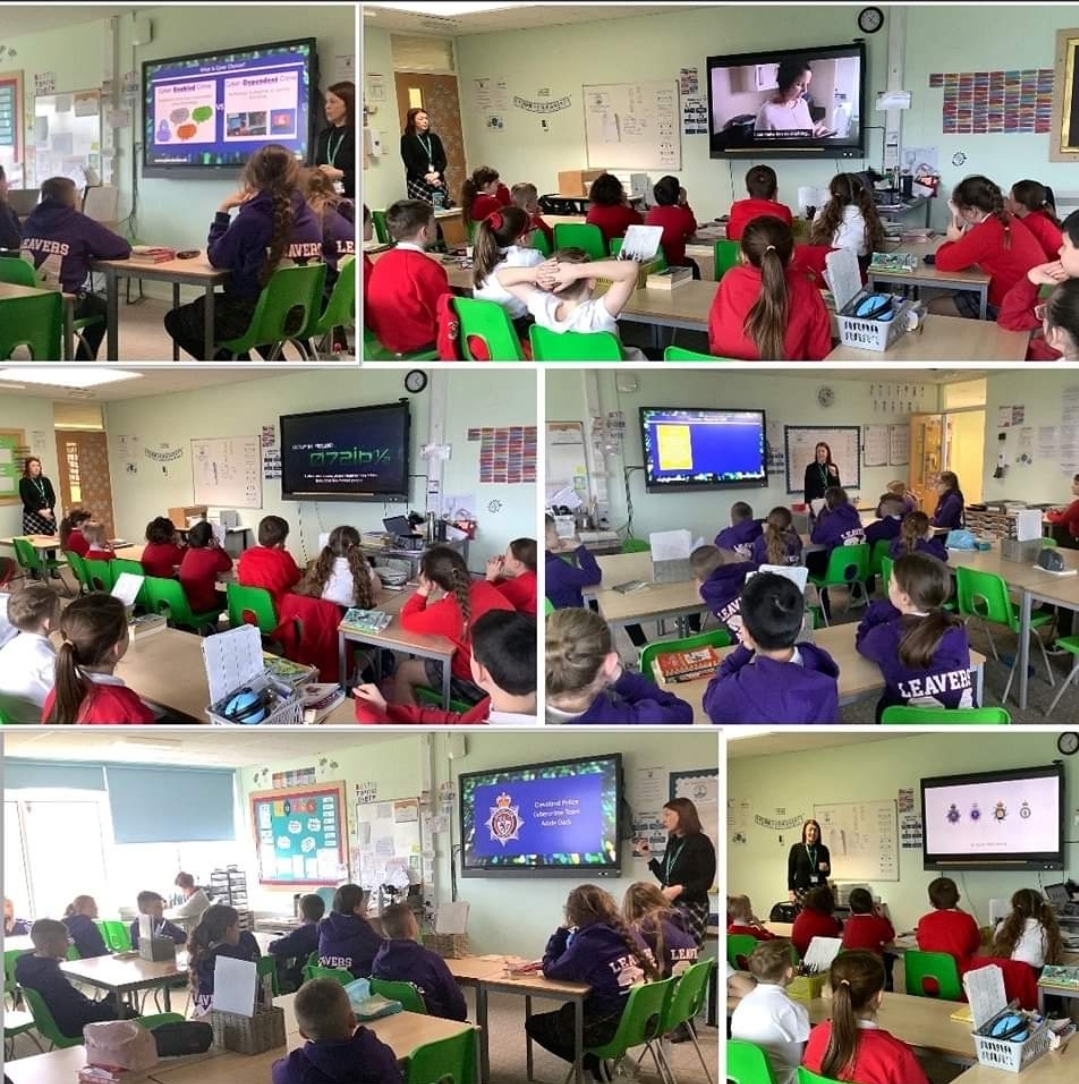
Key Aspects of Our Approach:
- Inspirational Role Models: STEM ambassadors, who are professionals and experts from various fields within science, technology, engineering, and mathematics, serve as inspirational role models for our students. Through regular visits, talks, and interactive workshops, these ambassadors share their personal journeys, career experiences, and insights into the world of computing. This exposure helps students to see the diverse opportunities available in the field and aspire to similar achievements.
- Real-World Applications: By collaborating with STEM ambassadors, we bring real-world applications of computing into the classroom. Students learn how computing skills are utilized in different industries, from healthcare and engineering to entertainment and finance. Careers are mapped throughout our curriculum to ensure pupils are exposed to a range of future prospects linking to their topics.
- Hands-On Learning: STEM ambassadors provide students with hands-on learning experiences that go beyond the classroom. Through workshops, coding challenges, and collaborative projects, students engage in practical activities that develop their technical skills, creativity, and problem-solving abilities. These experiences make learning more engaging and impactful.
- Encouraging Diversity and Inclusion: STEM ambassadors come from a variety of backgrounds, reflecting the diversity of the computing and technology sectors. Their presence helps to challenge stereotypes and encourage all students, regardless of gender, ethnicity, or socioeconomic background, to pursue their interests in computing. This inclusive approach ensures that every student at St. Helens feels represented and supported in their educational journey.
By integrating STEM ambassadors into our Computing curriculum, we are committed to developing the cultural capital of our students, equipping them with the knowledge, skills, and inspiration they need to thrive in the digital age. We believe that these enriching experiences not only enhance academic achievement but also empower our students to become confident, capable, and forward-thinking individuals ready to make a positive impact on the world.
Computing Lesson structure:
Computing lessons at St. Helen’s Primary School follow a set structure to support all learners:
Retrieve – Pupils will participate in a retrieval-style starter task, which allows them to access prior curriculum learning from a previous year group.
Recap – Pupils will discuss previous lessons and make connections between their existing knowledge and new concepts (from teacher-led input).
Unplugged – Pupils will engage in a practical exploration of a new concept without technology e.g. matching activities, designing final products visually, problem solving and responding to thought-provoking scenarios.
Plugged – Pupils will use technology to express their ideas, share their thinking, represent their findings, create final products and debug problems.

Reading Lists:
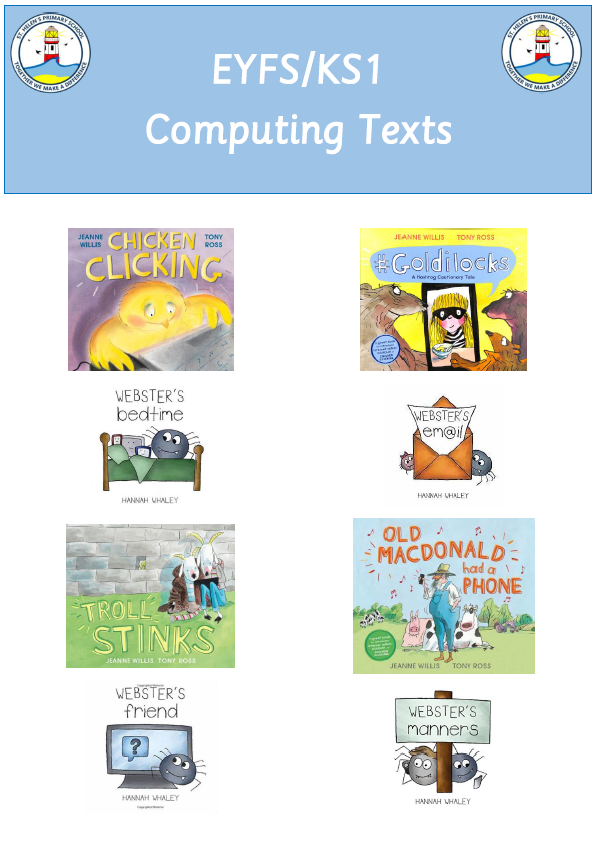
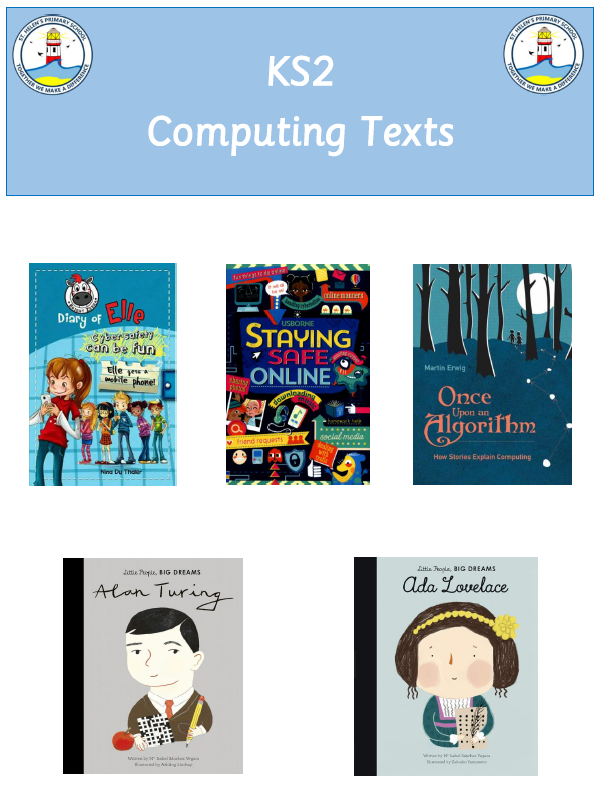
Key Documents:
Curriculum Overview:
Curriculum Overview 2025
Useful Websites:
NSPCC - NSPCC | The UK children's charity | NSPCC
Think U Know - CEOP Education
Computing In Action





Our Creations






{SECTION_MENU}
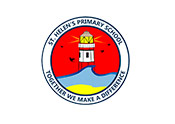


Close